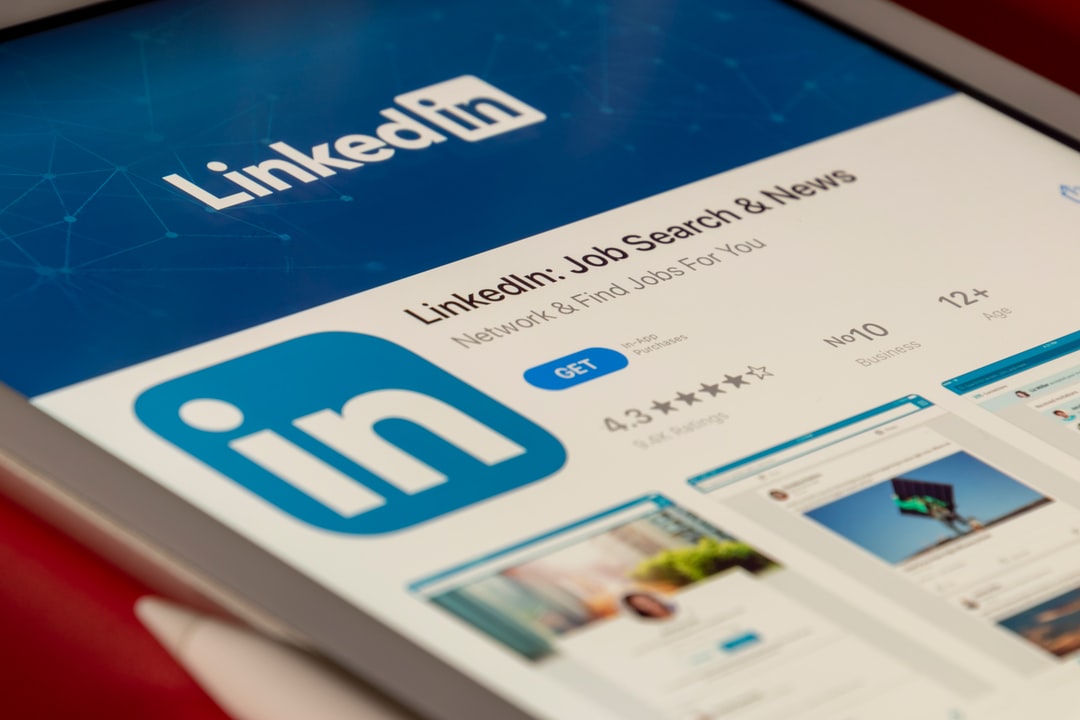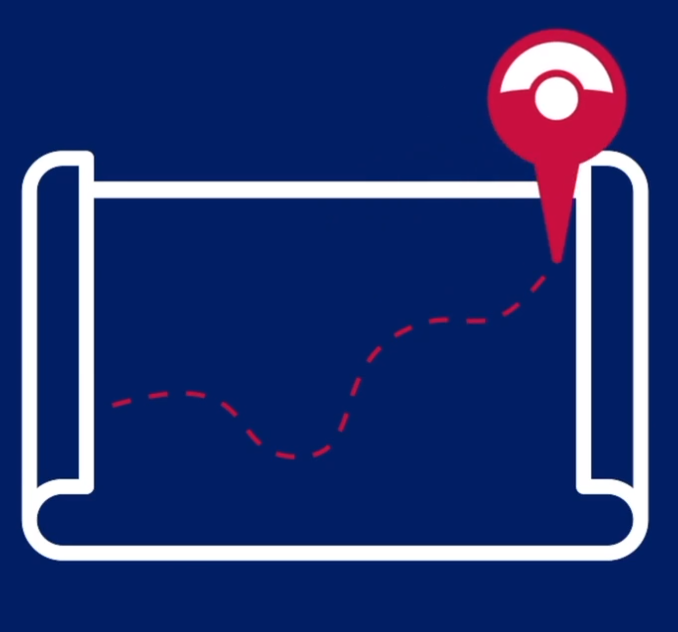

Watch the video introduction to find out what career exploration is and why it is important.
Now that you know what career exploration is, listen to what the process involves and hear some examples.
Learning outcomes
In this module you will learn how to make the most of your career exploration. By the end of this module you will be able to:
1. Adopt key exploration mindsets
2. Identify different types of career exploration
3. Understand how to explore
We recommend to work through the content in order, but you can use the burger menu on the top left to navigate between sections.
Which career direction do you think I should take? Where is my best chance at getting a job? Which career direction is better?
These are all examples of questions students have come to us with or pondered by themselves at the onset of their career exploration.
Choosing your career direction is a personal choice. There is no right or wrong here, and no magic wand. Career exploration, when done well, isn’t about trying to find one perfect answer. Instead, be adaptable and pragmatic in your approach – most importantly, embrace career experimentation during and beyond LBS.
These 3 mindsets will be a key differentiator in making the most of your career exploration while at LBS. We developed them based on supporting thousands of students in their career journey – they are the tried and tested, practical application of research carried out by our OB professors Herminia Ibarra and Lynda Gratton.
Your career exploration process will vary according to how much change you seek to bring about, and how open or focused you are in your interests. Here are six types of career exploration – where do you find yourself?
Career Exploration combines the following 3 modes of enquiry:
Reflect, Research, Experiment.
Reflect


Define three initial directions
Draw on your Know Yourself insights to define 3 good directions to investigate further. As you go further into your career exploration, through your research and experimentation, you may need to update these options. We recommend planning reflection points throughout your career exploration.
Use the guided exercise below to define and assess your three directions.
Research
Desk Research
Building a clear understanding of the labour market is a critical part of your exploration journey. A key tip is not to narrow yourself down too early. Keep initial interests open and broad, aligned to your growing understanding of yourself, your aptitudes and interests.
Your key objective is to increase your knowledge of different sectors, functions, and roles and to challenge assumptions you may hold around these.
Employment reports and internship directories

What is happening in the sector and how does it affect where the most suitable roles may be?
Having an overview of the market in a sector is an important foundation for your research and engagement. Knowing the macro issues that companies are facing, the skills they need, and their future direction will be critical when it comes to networking and interviews:
- How is digital disruption and AI affecting the industry?
- What geo-political issues are affecting future growth?
- What challenges are they facing that the right talent could help them address?

What do careers in that sector look like?
Beyond the written media, there are interesting podcasts that can also be helpful. Learn Educate Discover provides interviews with people, mostly business school graduates, from across a range of sectors talking about their roles and how they transitioned into such roles.
It includes people working as chefs and stand-up comedians, as well as more mainstream areas such as development, finance, and data science.

Which companies should I be targeting?
Finding companies in certain fast-evolving and less widely-considered niche areas can be hard. You may have one name in mind that you feel is a fit but be struggling to find others.
Searching for a company on LinkedIn provides a list on the right-hand side of companies that people also viewed. In the start-up world, Venture Radar provides a means to find companies operating in similar areas.

How do I identify people within those sectors to engage?
You will want to speak to specific people within the area you are targeting. LinkedIn remains the most powerful tool in this regard. Again it offers ‘People Also Viewed’ on the right-hand side when you search for specific people.
You can search for LBS alumni on LinkedIn as well.Search for alumni by company or location, choose ‘Next’ and choose filter by ‘What they are skilled at’ –this often yields a much broader range of alumni who could be relevant.


Desk Research Actions
The LBS library has general guides to help with Market Research and Research a Company.
Vault - Career guides offering industry insights
Thomson One - (our most popular database by far). It includes Analyst research on individual companies and industries as well as Company fundamentals, deals data and Reuters News and Commentary.
Capital IQ - Global public and private company data. Easy to use screening tools for companies and deals.
Bloomberg - BI (Bloomberg Intelligence) function covers a number of sectors and it often includes industry-specific data not found elsewhere.
IBISWorld - Covers a very broad range of sectors, but we only license the US, UK, China and Global reports. They do not cover Europe at all.
Marketline - Industry and company profiles are a useful starting point for your research. Industry profiles include a Five Forces Analysis.
Highered - Research globally what roles are being advertised and attend webinars and events covering all sectors.
Goin Global – Guides to living and working in hundreds of different countries.
Bright Network – Take a career path test and research the career path guides
Factiva International News - database covering thousands of sources. It includes many trade publications in addition to newspapers and key business titles.
FT.com - Personalised access to daily updates and 10-year archive of Financial Times content including special reports. (Subscription registration required via Library)
Economist – Essential reading and research. (Subscription registration required via Library)
The know-How - Career Centre blog for careers and recruitment news, insights and discussion
Two Hour Job Search - Use this approach as inspiration to find advocates within your target companies.
Active Research
A coffee chat or informational interview is essentially a one-to-one networking conversation. They are information gathering sessions with a contact designed to help you explore, refine and get an insider’s point of view. They are either organized by you through your network or officially by companies before recruitment begins to get to know you and understand your motivation for a company.
The key is to be well prepared with curious questions you can’t get the answer to from the company website. To learn more, we recommend you refer to the following resources:
Demystifying Coffee Chats, an alumni perspective
Demystifying Coffee Chats Podcast
Coffee Chats: Everything You Need To Know


Active Research Actions
Book a 1-2-1 with a Coach or sector lead to practice and discuss networking
Book to see a variety of Peer Leaders to discuss sectors you’re exploring
Talk to peers who have worked in that industry may be able to offer advice
Complete the curious question framework to develop your conversations and view example questions
Expand your network by researching and reaching out to alumni and talking to other connections (undergraduate school, friends etc)
Experiment
Evaluate your experimentation
During your experimentation, ask yourself:
Book coaching sessions to give yourself the space to answer these questions.
Remember that it is not important to have a crystal clear goal for the long-term or even for the immediate future post-business school straight away. This is usually an evolving process.


Start by having a sense of direction and directional or working goals which focus on helping you achieve the next step. The information in this module will enable you to revise and refine your goals as new experiences and opportunities open options for you.